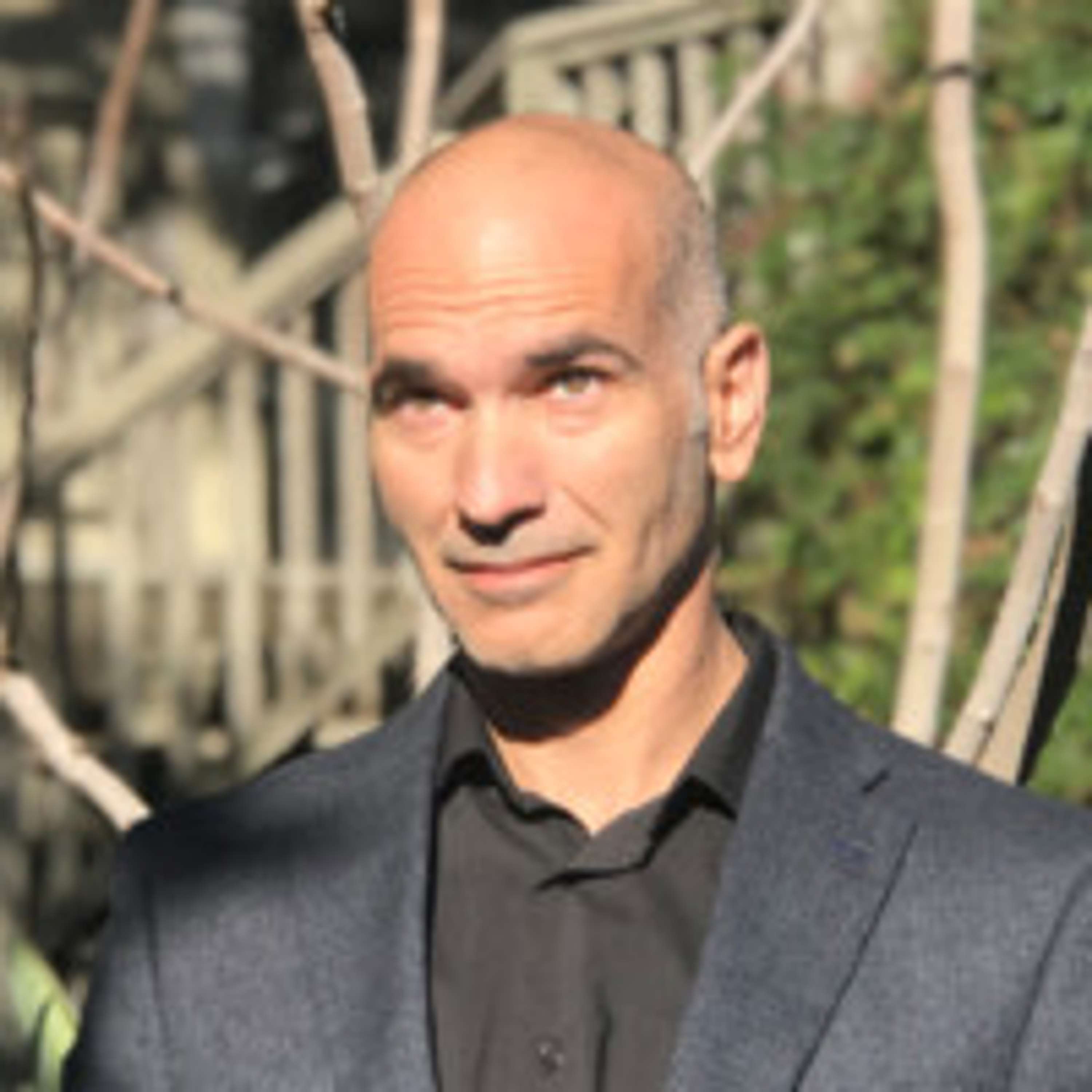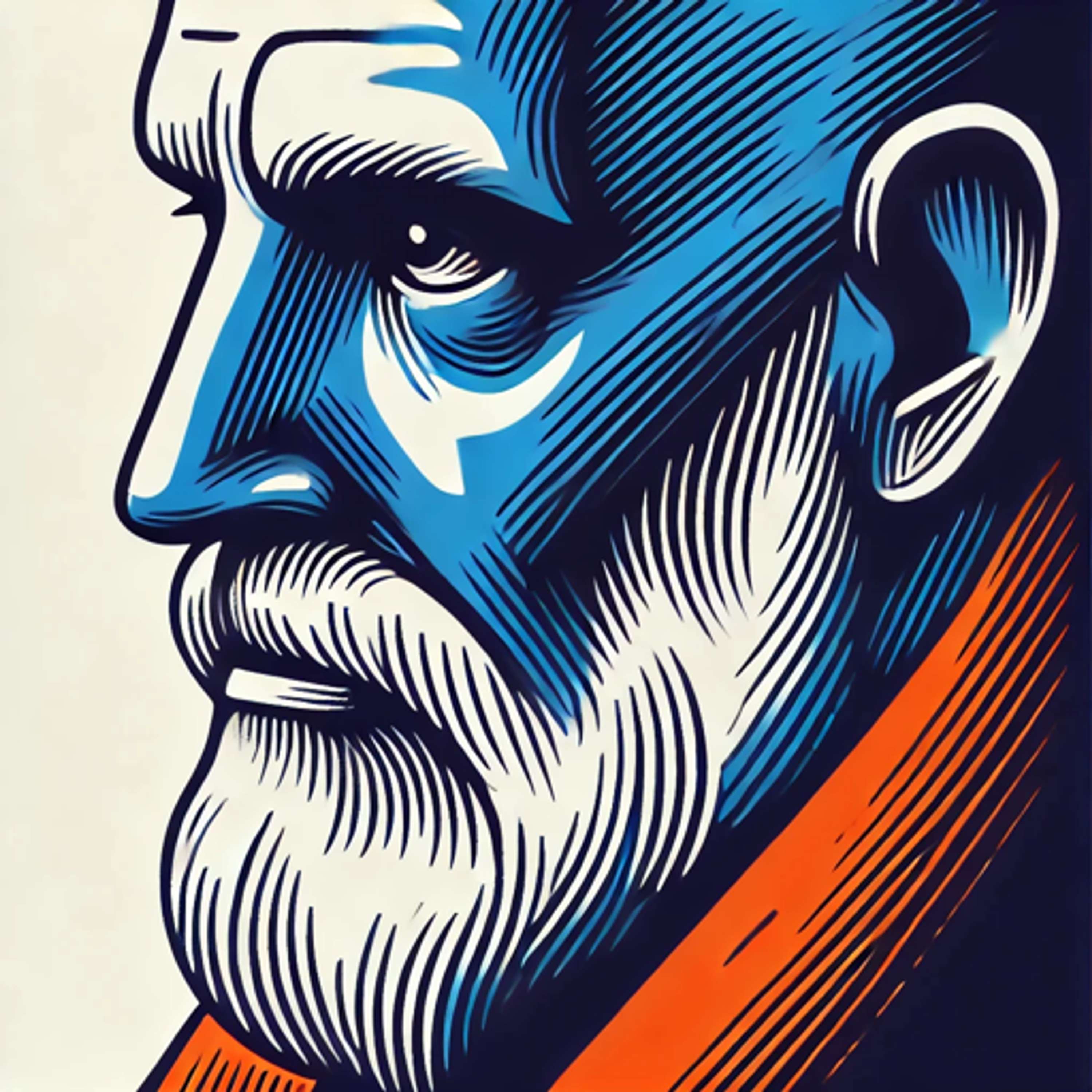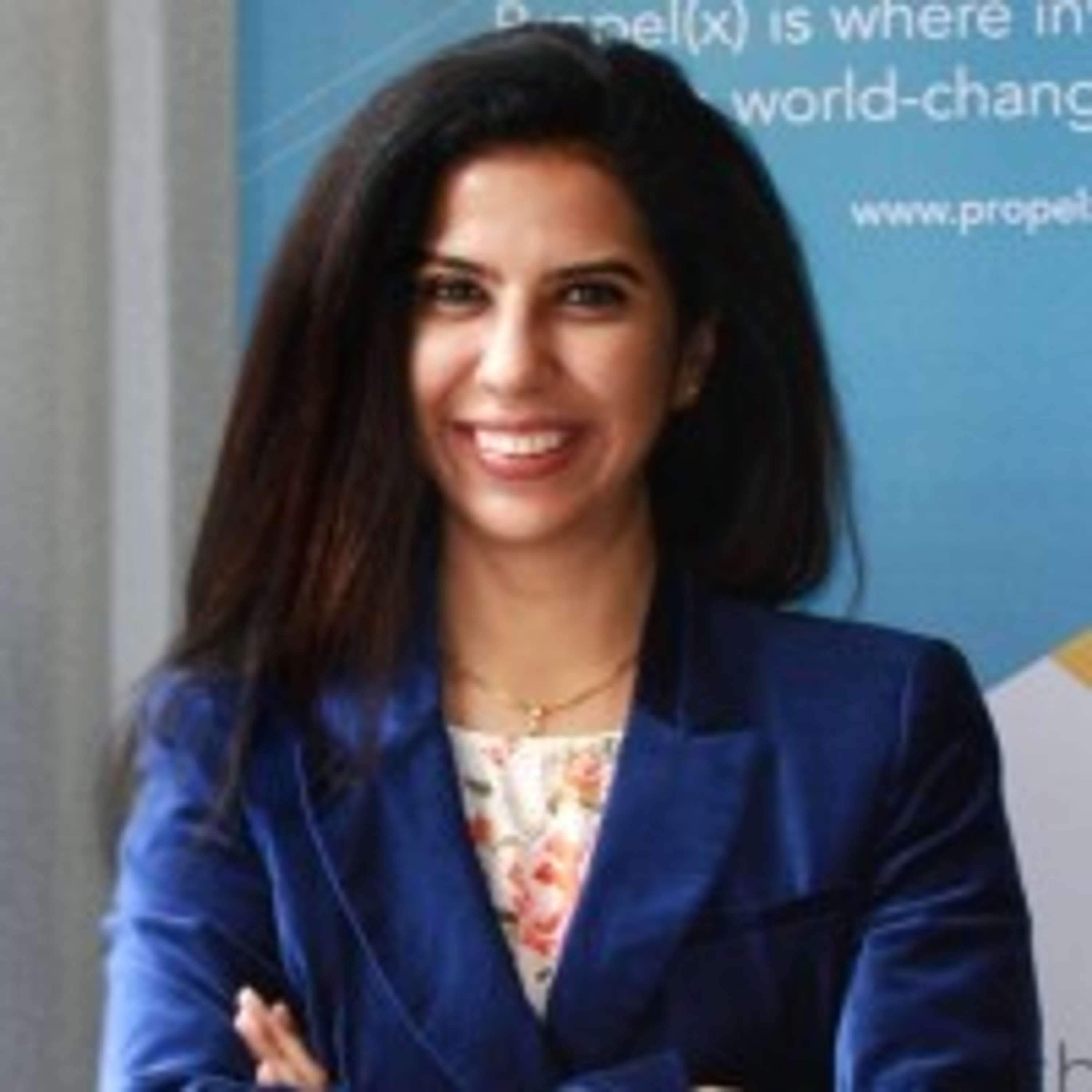Episode #413: Rewiring Our World: Insights on Power Systems and Technology
Description
On this episode of Crazy Wisdom, host Stewart Alsop is joined by Dr. David Ulrich Ziegler, an independent consultant specializing in the intersection of cyber and physical utility systems. The conversation spans a range of topics including the intricacies of power grids, the historical evolution of electrical systems, and the future of energy, touching on nuclear power, solar panels, and the emerging role of AI in managing these critical infrastructures. David shares insights into the resilience of systems, lessons from nature for system design, and the potential of decentralization versus centralized control. For more on David’s work, you can find him on LinkedIn or connect via his Twitter handle @denersec.
Check out this GPT we trained on the conversation!
Timestamps
00:00 Introduction to the Crazy Wisdom Podcast
00:21 Understanding Cyber Physical Utility Systems
01:52 Historical Context of Electrical Grids
03:14 Alternating Current vs. Direct Current
07:00 Home Electrical Systems and Safety
10:11 Technological Leapfrogging and Starlink
15:35 The Impact of Internet Connectivity on Society
19:36 AI and the Future of Physical Systems
21:20 The Evolution of SCADA Systems
28:48 Nuclear Power and Decarbonization
34:23 The Promise and Challenges of Small Modular Reactors
36:33 Geopolitical Influences on Nuclear Power
41:15 AI and the Electrification of Knowledge Work
44:19 AI's Impact on Professional Workflows
48:27 Connecting Data Centers to the Grid
53:43 Resilience and Organic Computing in Power Systems
01:03:10 The Future of Solar Panels and Energy Independence
01:09:19 Concluding Thoughts and Future Episodes
Key Insights
- The Intersection of Cyber and Physical Utility Systems: Dr. David Ziegler emphasizes the importance of understanding the interconnectedness of cyber and physical systems in modern utilities. These systems, often referred to as cyber-physical systems, blend physical infrastructure, such as power grids, with advanced control and automation technologies. Historically, this integration has roots in SCADA systems, which were among the first examples of distributed computing, and remains crucial for ensuring resilience and operational efficiency in today's energy networks.
- The Historical Foundations of Electrical Systems: The episode highlights key moments in the evolution of electrical infrastructure, from the early debates between alternating current (AC) and direct current (DC) to the development of distributed control in power systems. Ziegler discusses how early technological decisions and innovations shaped the global grid, setting the stage for the modern challenges of integrating renewable energy and decentralized energy systems.
- The Promise and Challenges of Nuclear Energy: Ziegler provides a balanced perspective on nuclear power, acknowledging its potential as a low-carbon energy source but highlighting challenges such as high costs, public fear, and the complexities of large-scale projects. He notes the emerging interest in modular reactors, which aim to reduce costs and improve scalability, but stresses that their real-world impact is still to be proven.
- The Role of Renewable Energy and Storage: A major focus is on the rapid advancements in renewable energy, particularly solar power, and the associated need for effective storage solutions. Ziegler explains the dramatic drop in costs for lithium-ion batteries, making short-term energy storage more viable. However, he underscores the ongoing challenge of developing affordable long-term and seasonal storage technologies to support a 100% renewable energy system.
- Data Centers as Emerging Energy Consumers: The growing demand for electricity from data centers, especially those supporting AI technologies, is a significant trend discussed in the episode. Ziegler points out that data centers could consume up to 8-9% of total electricity in regions like Europe and the U.S. by 2030, driven by the energy-intensive nature of AI computations. This shift necessitates innovative approaches to grid connectivity and efficiency.
- Decentralization vs. Centralization in Grid Design: The debate over centralized versus decentralized energy systems is a recurring theme. Ziegler explains how historical constraints on communication bandwidth led to resilient, distributed architectures in power grids. He advocates for hybrid systems that balance centralized control with localized decision-making, drawing inspiration from biological systems like the human body for their adaptability and resilience.
- The Global Energy Transition and Geopolitical Risks: The episode explores the geopolitical dimensions of the energy transition, including dependencies on materials like lithium and solar panel production concentrated in regions like China. Ziegler argues that while local renewable energy generation reduces reliance on external energy sources, the global supply chain for components remains a vulnerability. He also emphasizes the need for greater resilience and strategic planning to navigate potential disruptions.
























